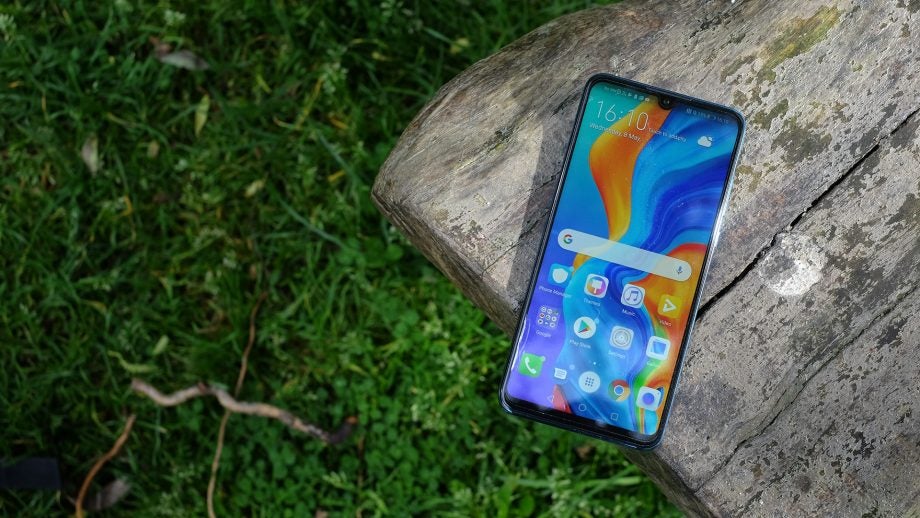Huawei’s Android replacement could be just months away

Huawei plans to debut its own mobile operating system as soon as this autumn, as the Chinese company reels from Google’s stunning announcement it would be withholding access to key Android services moving forward.
The so-called Plan B operating system, first touted by Huawei back in March, amid growing threats to its US operations, could arrive within months, it has emerged.
That’s according to a report citing comments in a private WeChat group from Huawei’s consumer business CEO Richard Yu (via Engadget). Huawei is yet to confirm the plans, but given the emergent nature of the situation, it’d be no surprise to see it announce the new operating system sooner rather than later.
Related: Best Android Phones 2019
Recent reports from China have suggested this software has been dubbed “HongMeng OS,” with plans afoot to eventually replace Android. Other reports have claimed the company has been developing the OS since 2012.
Huawei's own-developed smart phone Operating System, reportedly named "HongMeng OS", is being trialled out and will gradually replace the Android system, according to three Chinese media reports. pic.twitter.com/GacM5xQMYJ
— Global Times (@globaltimesnews) May 20, 2019
In an interview with German newspaper Die Welt a couple of months back, Yu revealed the plans to lessen its dependence on US companies like Google.
“We have prepared our own operating system,” Yu said. “Should it [the ban] ever happen that we can no longer use these systems, we would be prepared. That’s our plan B. But of course we prefer to work with the ecosystems of Google and Microsoft.”
If the OS was a ‘break glass in emergency measure’, it’s pretty clear that emergency is now. Google suspended support for Huawei’s Android devices earlier this week, which means it will be denied access to the critical Play Services.
Essential Google apps like YouTube, Maps, Chrome, Calendar, Gmail, the Play Store, and the rest will no longer be available, putting Huawei at a major disadvantage when competing with the rest of the Android manufacturers out there.
Because of the open source nature of Android, the company would still be able to base its new OS on Android, but without access to all of the major services. Despite serious improvements in hardware, especially in the camera department, it’s difficult to imagine Samsung, Sony, Motorola, LG, Google Pixel and OnePlus owners contemplating a switch to Huawei under these circumstances.
Huawei is no stranger to building its own operating system. The company uses the Lite OS for the Huawei Watch GT, but scaling that up for smartphones aimed at competing with Android or iOS is no small matter.


